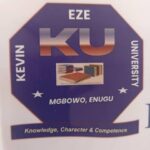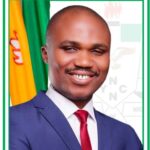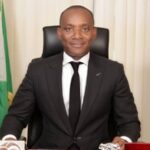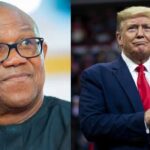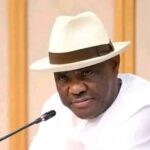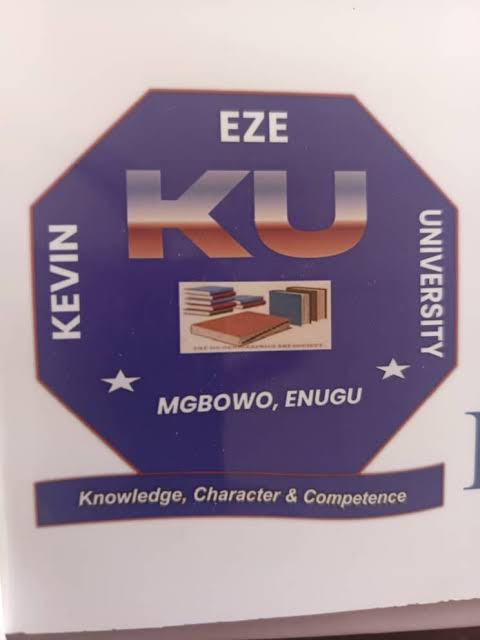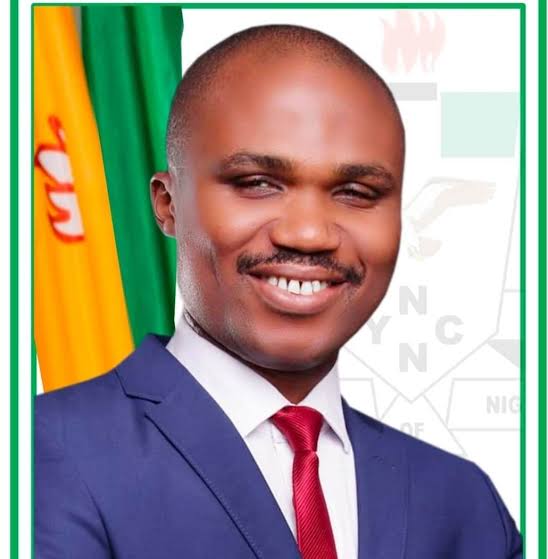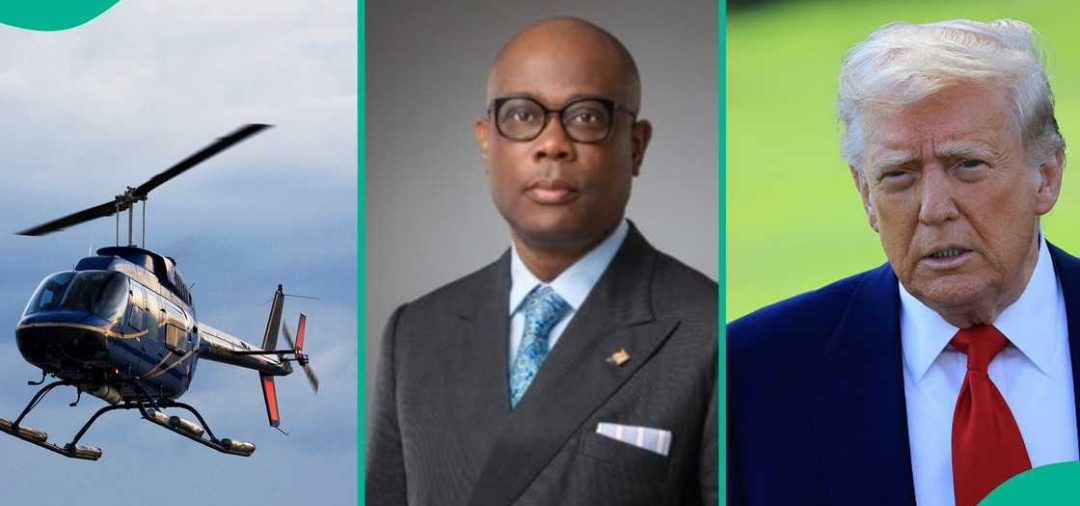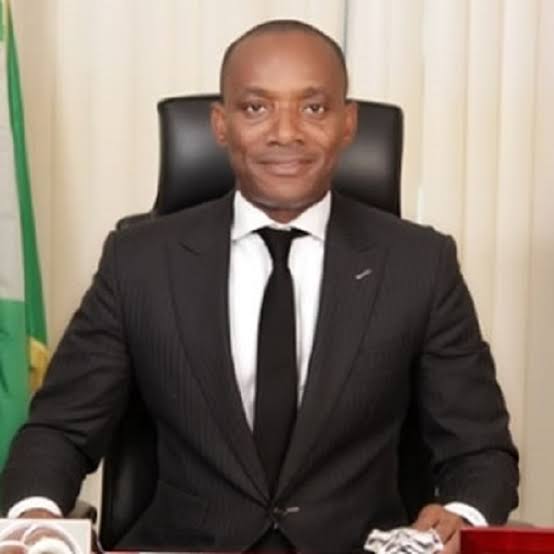
Dikko Abdullahi Inde, who died in an Abuja hospital on Thursday evening after a brief illness, did not have a happy retirement since he left the Nigeria Customs Service in August 2015, six years before he clocked the mandatory retirement age. Anti-corruption agencies charged him to court for alleged offences, and he was subjected to a lot of media trial. With his death, some of those issues many never be conclusively resolved.
By Mahmud Jega
I met Dikko Inde in his office sometime in 2014, by accident as it were. Two issues bothered him on that occasion, as he discussed with me. One was his long but silent struggle to retrieve what he saw as the Customs’ main duty, which is assessment and collection of import duties, from private consultants.
During the Obasanjo regime when Dr. Ngozi Okonjo-Iweala was Finance Minister, consultants were appointed to inspect imported goods and levy the duty payable. They installed scanners at the ports for the purpose, which worked epileptically. Yet they were paid $20m a month, and rumours were that some top officials partook in sharing the money.
The consultants’ contract was due to expire that year and Inde quietly began preparing for the Customs to retrieve the function. He hired several dozen young IT graduates, men and women, and had them trained in India. I was taken to a long hall within the Customs headquarters where these young lads were seated. It was very impressive, unlike anything I ever saw in a government facility in Nigeria. At the flip of a finger, one young officer stepped forward and demonstrated to me the software they were using, a one-stop guide for any importer of goods into Nigeria.
It had an extremely comprehensive list of all categories of goods, the laws and regulations the importer must comply with for that particular product, the agencies that he should go to [with the click of a button] to get the necessary clearance, and the duty payable on those goods. The struggle to retrieve the function soured Inde’s relationship with the Finance Minister, who also chaired the Customs Board.
Under Inde, Customs built some very impressive houses at Kado Abuja for its top officers, the Assistant and Deputy Controllers General as well as the Controller General. For years the houses were not occupied because the minister stopped it; she took one look at the CG’s quarters and said even the minister did not live in such a house. In the end the consultants’ mandate was not renewed and Customs got the job back.
Dikko Inde also fought a titanic struggle over duty payable on rice imports. As he told me, rice millers told the government that they invested huge funds to erect rice mills but there wasn’t enough locally grown rice to feed their plants. Government therefore gave them a generous concession to import unmilled rice at 10% duty, whereas importers of milled rice had to pay 60% duty, if I remember right. Trouble was, the millers turned around, imported milled rice and waved their 10% duty letters in Customs officers’ faces.
After an investigation, Inde slapped a N17 billion duty arrears on Stallion Group. Jonathan-era ministers made frantic calls to him to rescind the demand. When he refused, a top Presidency official followed with an order of his own, that the demand on Stallion Group should be rescinded. The CG told me that government’s two-tier duty on rice imports was ridiculous and self-defeating, because the millers found out that they could import milled rice with only 10% duty and save themselves the hassle of having to mill it.
They had no further need for locally grown rice, the object of protection, and they also had an advantage over milled rice importers who paid a 60% duty. It also denied the Customs Service billions in revenues. That the ridiculous policy remained in place despite Inde’s strong memo to the Presidency suggested to me that something was fishy.
I saw Dikko Abdullahi Inde a year later, as he prepared to pack out of Customs House.
He had gone to the new president Muhammadu Buhari and offered his resignation, possibly hoping that it will be rejected. Instead, Buhari thanked him for the offer and said it was good that public officers opted to quit on their own without being pushed out. The president sounded courteous, but legal and political trouble was soon to dog Dikko Inde for the remainder of what turned out to be his short time on earth. May his soul rest in peace.

